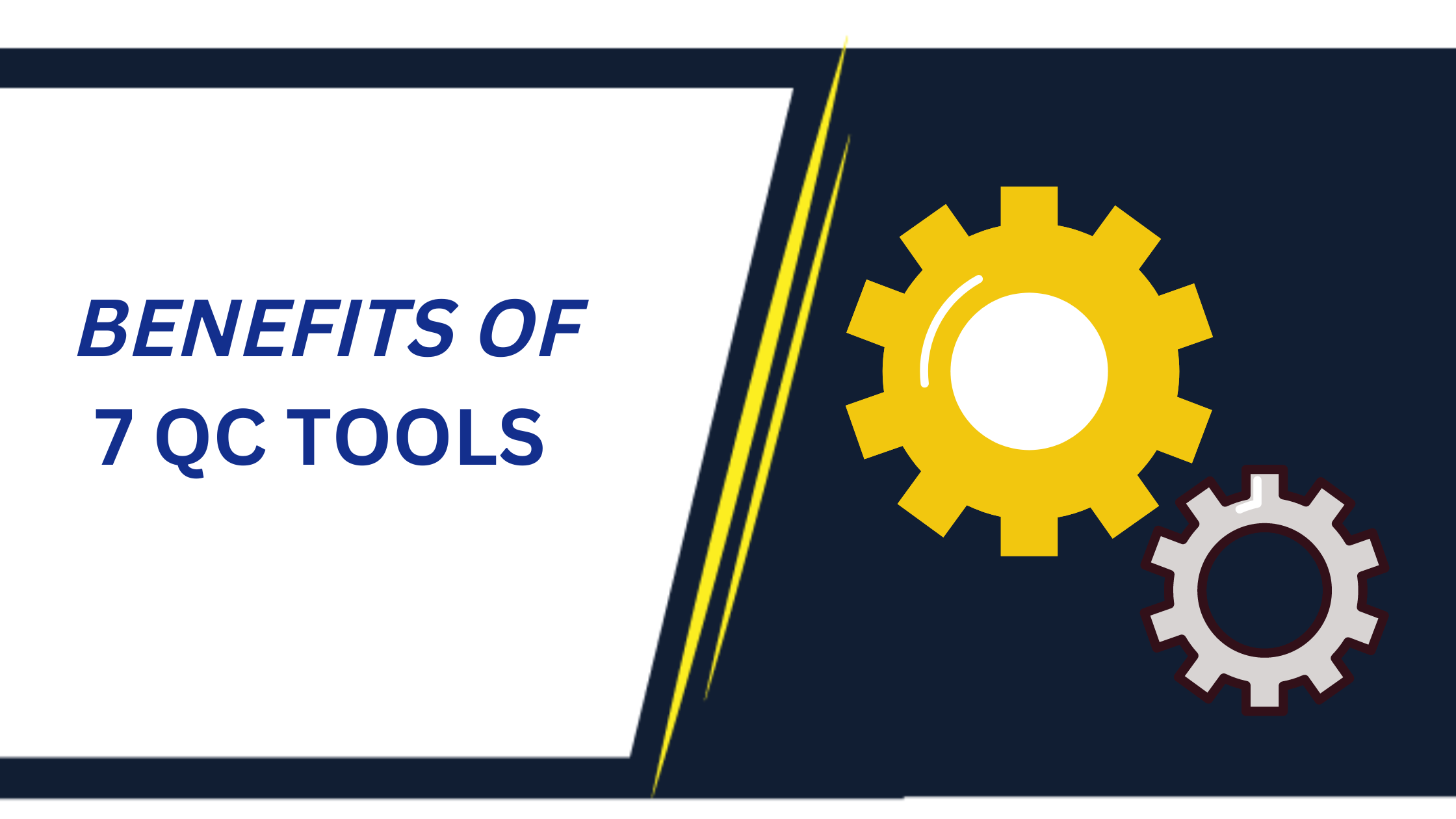
BENEFITS OF 7 QC TOOLS
Quality control (QC) is the process of inspecting and testing products to ensure that they comply with certain standards. Quality control tools are used to ensure that a product meets the required specifications and will not cause any harm to the end user
The 7 QC tools are:
-ISO Standards
for Inspection and Testing
The
International Organization for Standardization (ISO) is an international
standard-setting body composed of representatives from various national
standards organizations. The ISO creates and publishes standards for a wide
range of products, including food safety, construction, and information
technology.
The ISO has
published several standards for inspection and testing. One example is the ISO
17025 standard which provides guidance on how to establish an organization’s
competence to carry out specific tests or calibrations. The standard specifies
general requirements, competence requirements, quality assurance provisions and
management requirements.
-Inspection Methods
There are three
inspection methods that can be used to inspect the quality of the products.
They are:
The first
inspection method is Visual Inspection. In this method, the quality of the
product is inspected by looking at it visually. This inspection method is
usually done by human eyes.
The second
inspection method is Non-Destructive Testing. In this method, the quality of a
product is inspected without destroying it in any way. The third inspection
method is Destructive Testing. In this inspection process, some parts of a
product are destroyed to test its strength and durability for defects and flaws
in its construction or design such as cracks or leaks etc.
-Visual
Inspection
Visual
inspection is a technique used to detect damage or defects on the surface of an
object. Visual inspection is often used in quality control, and it can include
the use of a magnifying glass or microscope.
Visual
inspection can be done manually or with the help of machines. This technique is
also known as non-destructive testing and it's often used in industries that
require more time for analysis, like aerospace engineering.
-Non Destructive
Testing
Non-destructive
testing is a technique to inspect an object without damaging it. This type of
testing is done by using electromagnetic waves, acoustic waves, or other types
of energy beams.
The most common
non-destructive testing methods are X-ray and ultrasound. They are often used
in the manufacturing process to test the quality of a product before it is
sold.
-Destructive
Testing
Destructive
testing is a type of testing which is done to check the integrity of a product.
It is also known as destructive analysis.
Destructive
testing can be done in two ways, non-destructive and destructive.
Non-destructive testing involves using instruments that are not capable of
breaking the product while destructive testing involves breaking or damaging
the product to find out its quality.
-Inspection
Equipment
Inspection
equipment is a tool which can be used for different purposes. It can help in
detecting problems with the quality of various products. This tool is also
useful in determining the size, shape and weight of a product.
There are
various types of inspection equipment available in the market. Some of them
are:
·
X-ray machine
·
Magnetic particle inspection
·
Ultrasonic thickness gage
·
Liquid penetrant inspection
·
Radiographic inspection
-Product
Sampling Techniques
Product sampling is a marketing technique that
allows companies to distribute product samples to potential customers in order
to promote the sale of the product. There are several techniques for
distributing samples and some of them are discussed below.
Sampling Techniques:
- The company provides
samples of their product for free or at a reduced price.
- Samples are distributed
through various channels like social media, direct mail, or even in-person
events.
- Samples can be given
away or they can be sold at a discounted price.
- Samples can also be
distributed as part of a promotion, such as with magazines and newspapers.



0 Comments